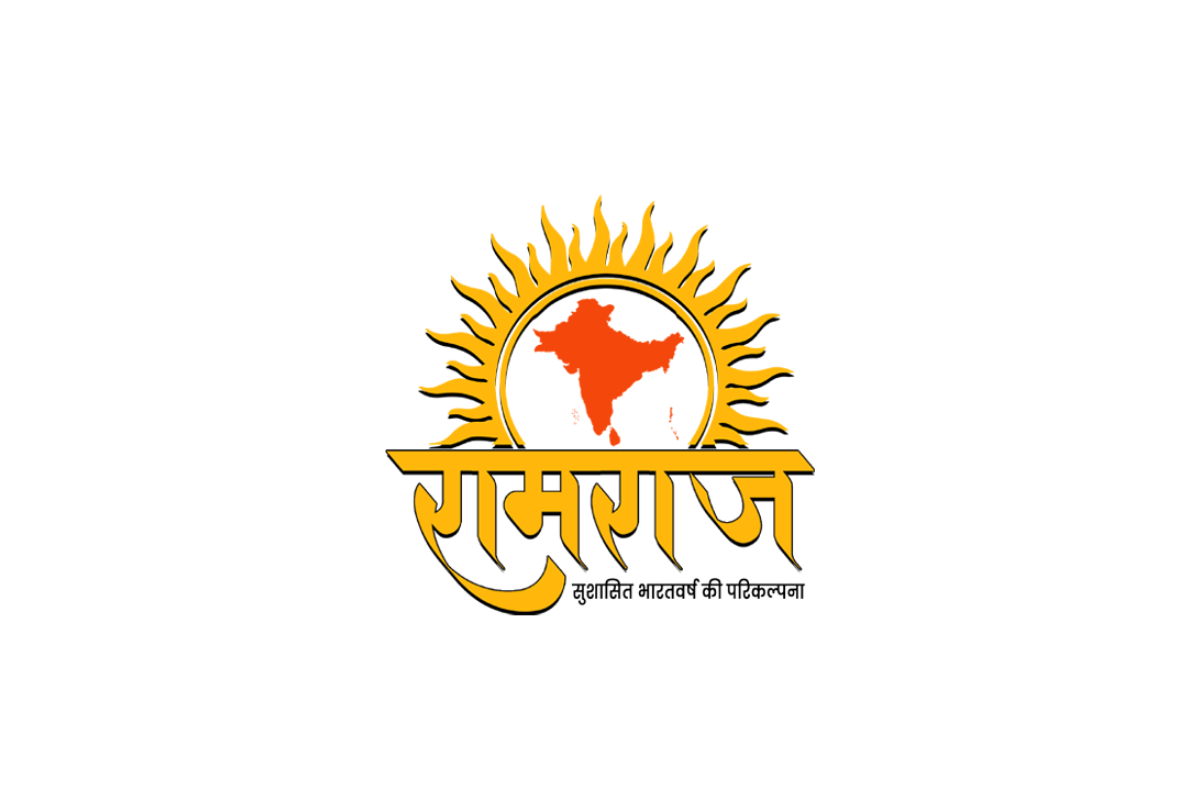Social justice is about conditions in society that fosters the capabilities in each one of us to engage in activities that are essential to a truly “human” life, it provides for the full expression of individual potentialities, self-development, and self-determination. Social justice is an essential feature of a modern nation-state with a constitutional system of governance. The Indian constitution is remarkable in its relentless focus on social justice; right from the Preamble to Articles (specifically 14, 15) contained in Part IV of the Constitution.
So it is glaring that the Social Progress Index 2022 report shows that India is currently ranked 110th (among 169 countries) in the world and is in the fourth tier of performance. Using the same methodology and supported by PM’s Economic Advisory Council, Social Progress Index was released for States and Union Territories a couple of months back. The report underscores that central to realisation of social justice is the role of the “state”.
This year’s World Social Justice Day theme is to strengthen solidarity and rebuild trust in government. This is particularly important in our context where the “state capacity” to deliver social justice is experienced by citizens with shades of emancipatory, absence, and oppressive. “Trust in government” is critical with persistent demand-delivery disconnect, outlay-outcome gaps, and our aspirations of growing as a developed country. In the modern state, social justice is intertwined with the notion of “citizen”. The nature of citizenship beyond political subjects, differential access and elite capture of public resources given millennia of stratified social structures keeping the majority deprived of normal economic exchange and social mobility opportunities, weak governance and accountability enforcement frameworks contribute to the low trust in government. New vulnerabilities emerging in the post-pandemic world, the impact of climate change, and natural disasters give an urgent edge to address the issue of state capacity.
Augmenting Public Service Capacity is the prime lever of social justice in our context. The government of India’s initiative Mission Karmyogi is a massive effort at developing citizen-centric competencies and behaviour change in our bureaucracy. India’s G20 priorities and Budget 2023 reflect the underlying focus on “leaving no one behind”, a central tenet of SDG 2030.
For the poorest and most vulnerable, the difference that good or particularly bad government make to their lives is profound. Evidence across countries has shown the efficiency of government-led development services is particularly critical to building a society based on equity and fairness.
On this first World Day of Social Justice of Amrit Kaal, let me propose a well-evidenced dyadic way forward to a state-society arrangement to address both the “trust” and “capacity” issues. The first part is building compacts between Institutions of the Poor, over 85 million women are organised into their collectives in addition to a multitude of community-based organisations, institutions of local self-governance and frontline functionaries the primary school teachers, Aanganwadi workers, ANMs, Junior Engineers, etc. And second part is infusing and embedding young talent trained and oriented to support the existing government machinery to enhance the delivery of public services through the introduction of new business processes, data-based governance, and the use of analytics and technology, bringing global and national best practices and innovations. There is increased acceptance in government for both propositions.
Across states and central government programs, there are now Young Professionals or Fellows working together with government officials supporting design and delivery. This as opposed to the other trend of setting Technical Support Units managed by well-organised consultancy firms without any domain competence has multiple advantages, the most important being high purpose-connect and strengthening the mainframe capacity instead of outsourcing. The collateral of young Indians’ contribution to nation-building and life-long learning has many future possibilities.
The model of locality compacts is core to the success of Gram Panchayat Development Plans and Honourable PM’s announcement on the Aspirational Block Programme in January. During pandemic across states, Kerala, Bihar, Jharkhand, and Madhya Pradesh demonstrated how localities could address the challenges of flailing public health systems in instituting surveillance, running quarantine centres, and community kitchens, preparedness to deal with the pandemic. The experience has shown this could be a powerful complement to bring “trust” in government.
The dyadic approach outlined has an opportunity to get development administration from constant toggling between decentralisation and central schemes to recognise and role of “localisation” and government in a vast country like ours with multiple contexts operating simultaneously, and empower communities to become the central vehicle of change in their “localities” around a development that matters to them. The increasing government spending on social programs has gone together with reducing functionaries and rising aspirations from government. Embracing localization, leveraging technology, moving from hand down to all hands on table is the way forward for aspirational and young demography to realise the constitutional promise of social justice.
The author is the Co-Lead for Rural Issues at Transforming Rural India Foundation. Views expressed are personal.






